Still watering it the wrong way? No wonder your orchids are sick! We must pay attention to these points!
Orchids like to grow in a cool and humid environment, the so-called moist does not mean that a large amount of water must be irrigated in the soil, but to give it the necessary humidity for growth. The leaves of orchids are thicker, covered with horny layer, and have large pseudobulbs and fleshy roots. they can not only store certain nutrients, but also accumulate a certain amount of water for self-regulation in short-term drying, so it is not easy to dry out quickly. However, the soil is too dry, pseudobulm stem convulsions or other tissues affect metabolism due to water loss. Add too much water, resulting in stagnant water in the soil, poor air permeability, blocking root permeability, and affecting the absorption of water, easy to cause rotten roots.
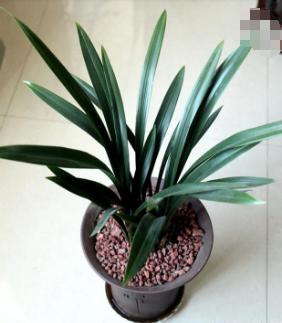
(1) generally speaking, the watering time should be carried out in the morning in spring and autumn, and before sunrise and sunset in hot summer. Tough winter and early spring can be watered at sunrise and slightly warmer temperatures. When entering the room for the winter, it must be watered around noon on a sunny day, but care should be taken to avoid water droplets getting wet on the leaf surface or invading the leaf sheath.
(2) watering time. Watering in summer and autumn should be in the early morning and evening. Watering early in the morning. it can be protected from sunburn and emit moisture at a simple temperature, which can reduce the temperature in the shed; watering at night can benefit the growth at night. Never water at noon in the hip-hop sky. If the water in the basin is enough, and the air is dry, you only need to spray the leaf surface a little in the morning or evening. Watering in winter and early spring can be chosen between 10:00 and 3 p.m., the temperature in the morning and evening is too low, it is more likely to lead to night cooling, plant damage, and water quality retention, and even cause heart rot. The orchid that blossoms in winter should be watered a little more in winter.
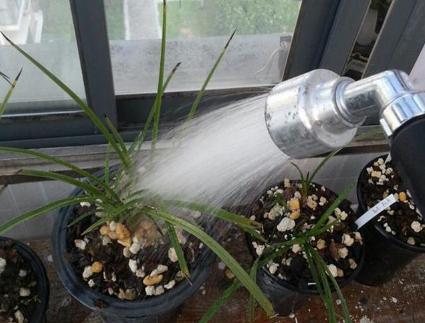
(3) watering tools, it is better to use a kettle with a long neck sprinkler with a thin hole, because the water droplets from this kettle are small, so it is not easy to wash out the basin mud layer. the spraying area is large and uniform. When watering during the indoor maintenance period, you can only use a fine kettle to avoid spilling the leaves. In addition, if the basin surface is not covered by Cuiyun grass or moss grass, in daily watering, in addition to watering with a fine-hole sprinkler kettle, the long-necked mouth should be watered close to the basin surface, or the water should be wound around the tiles placed on the basin surface mud layer to make it loose, so as to reduce the risk of loose humus soil being washed out by water.
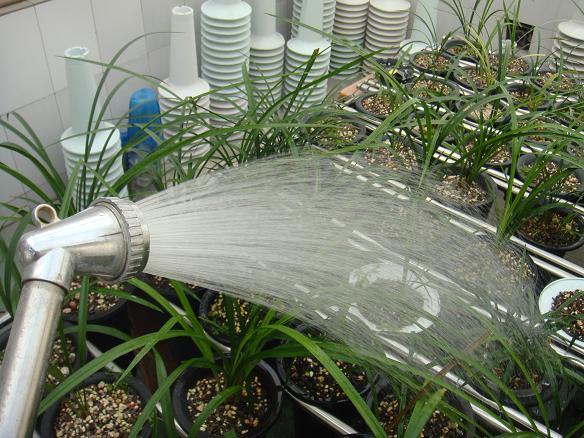
In addition to watering with a spray can, there is also a soaking basin method. Is to soak the orchid basin into the water and let the water pass through the holes at the bottom of the basin and slowly infiltrate the mud layer. This kind of method, although can make basin mud absorb enough water, but if just turn over pot newly planted potted orchid should not soak a person too deep, only complete basin waist can. If it is too deep to the basin surface, due to the pressure of water, the new soil in the basin is easy to seep into the water and float, causing the mud layer to be loose, which is not in good agreement with the soil. When taken out in a saturated state, excess water can be discharged gradually, but the basin soil has been loosened. At this time, you must gently press the topsoil with your fingers to make it tighter.
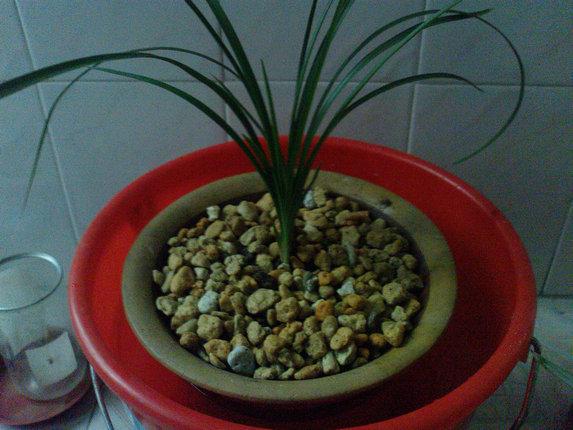
As many orchid experts said, "Spring is moist, summer and autumn are moist, and winter is moist and dry", which fully illustrates the humidity requirements of orchids in different periods.
- Prev

Since listening to the advice of the master of flower cultivation, my orchid blossoms year after year, I really regret knowing that it is too late!
Orchids are fengshui plants that everyone likes to grow very much, and there are many varieties, the most common of which are Cymbidium, Cymbidium, Jian Orchid, Han Orchid, Orchid, Dendrobium and so on! is very...
- Next
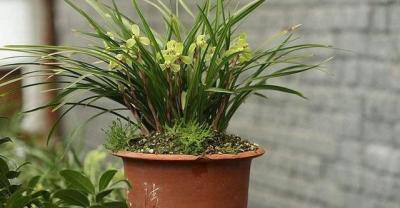
Flowers herald spring, plum blossom Ruixiang cyclamen to endure winter orchid azaleas what flowers are your favorite?
Flowers herald spring, plum blossom Ruixiang cyclamen to endure winter orchid azaleas what flowers are your favorite?
Related
- Is the orchid suitable for indoor use? Is it good for the body?
- How to prevent the empty root of orchids?
- What to do after the crab claw orchid is withered?
- Why are the leaves of orchids always yellow? Fertilizing and watering.
- Can the root of the gentleman orchid be saved if it is rotten?
- Diagnosis and treatment of cotton-blowing beetle insects in Cymbidium
- There is a way for a gentleman's orchid to rot.
- What is the most suitable temperature and humidity for the orchid?
- How to raise a gentleman's orchid? Cultivation techniques of Cymbidium
- How to prepare the nutritive soil for the cultivation of Cymbidium

